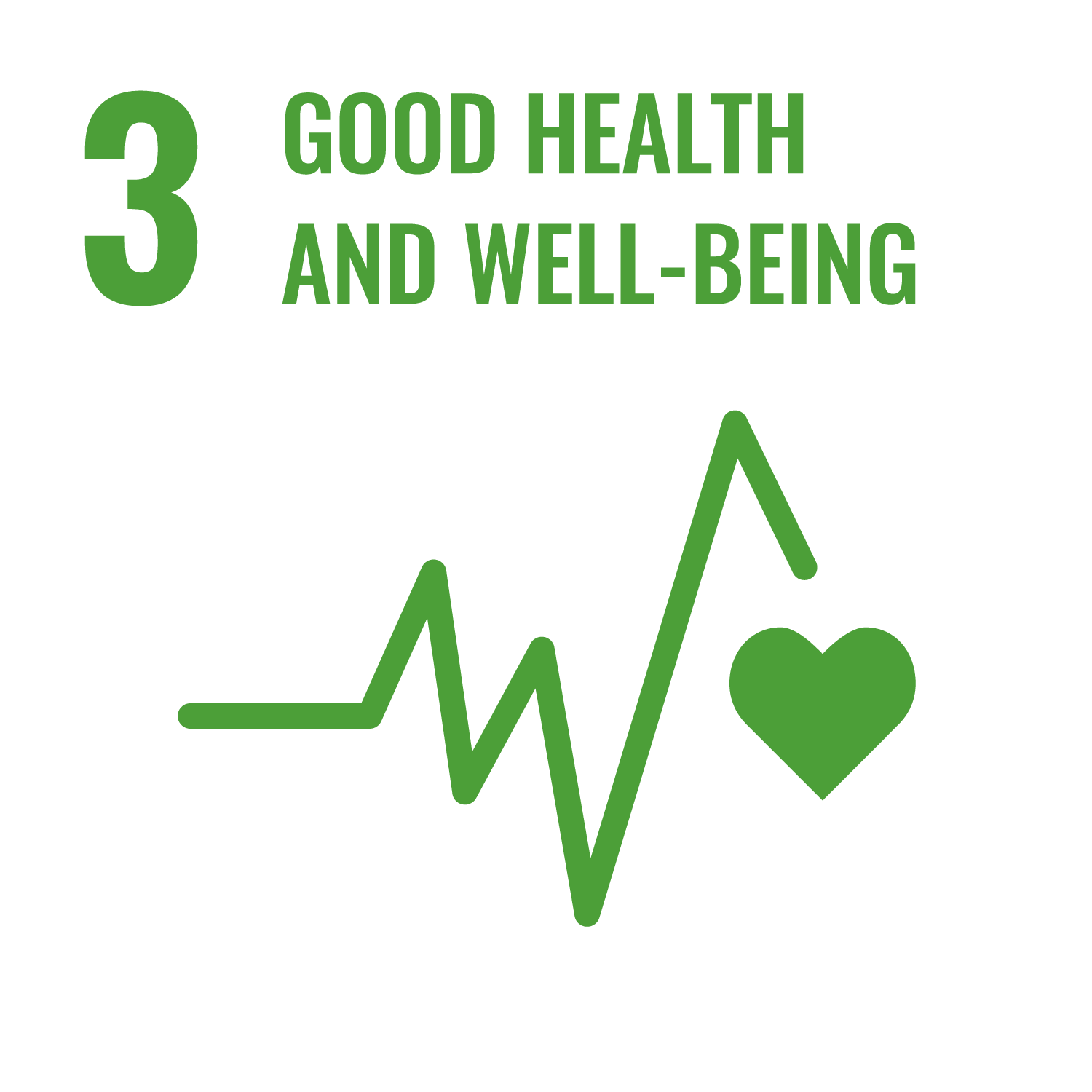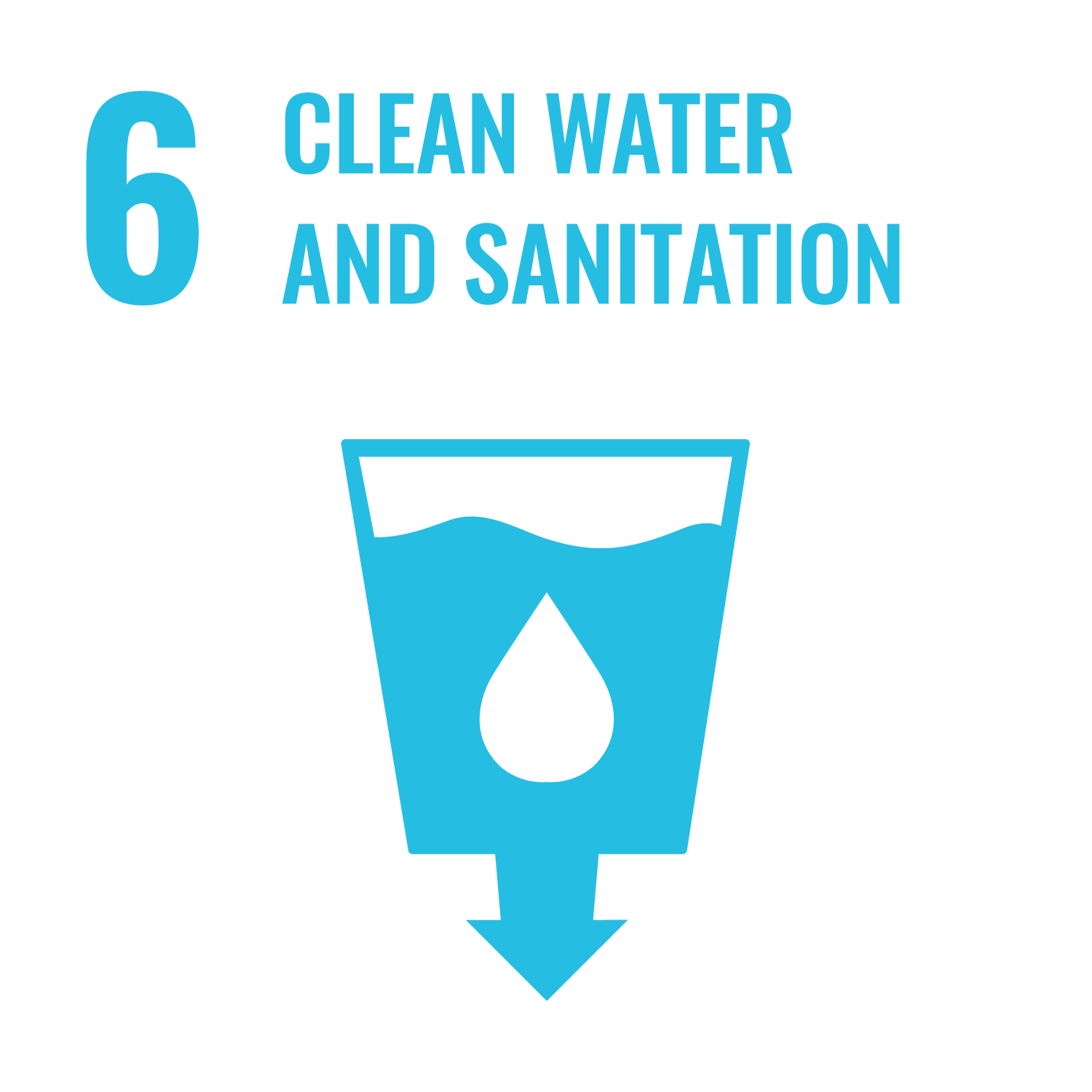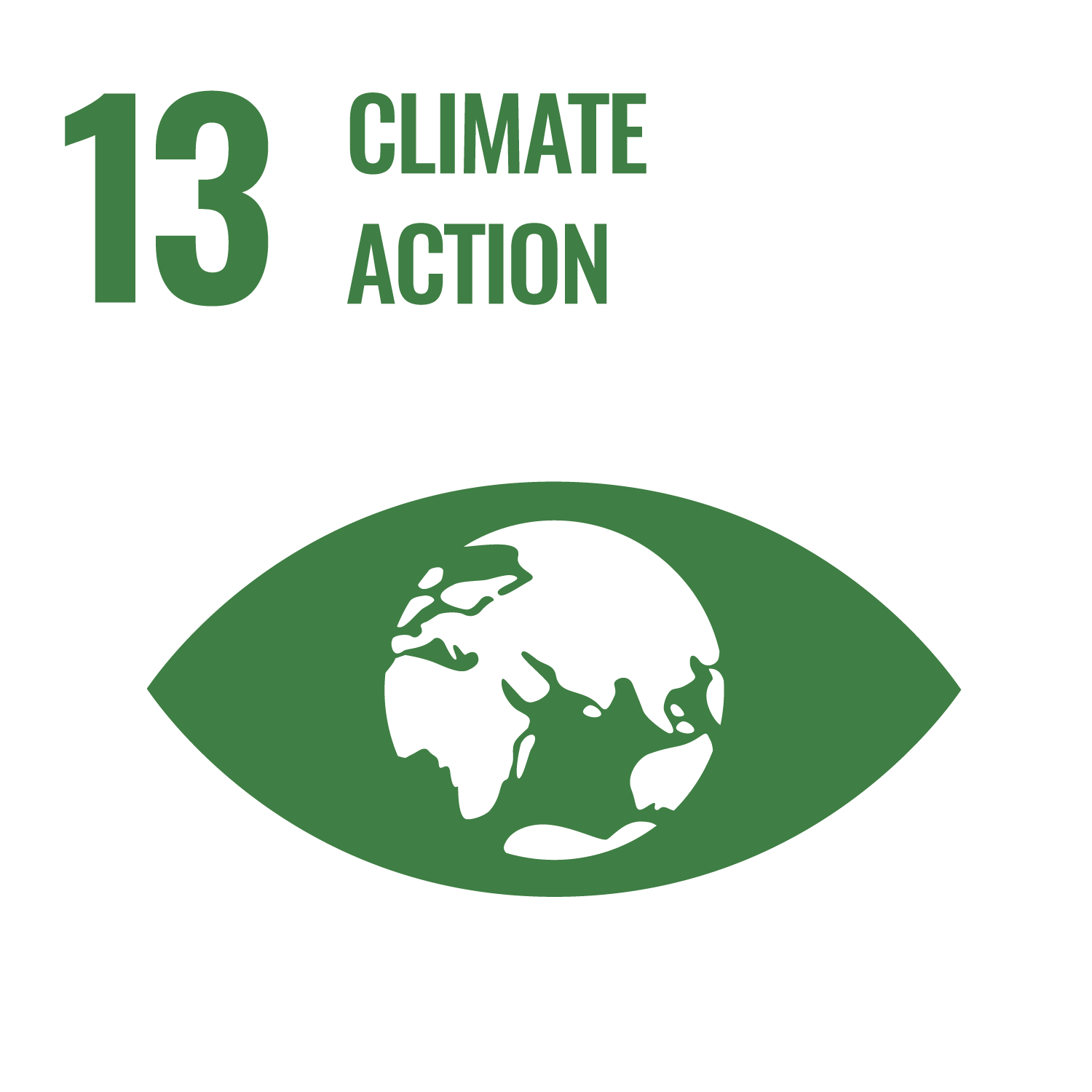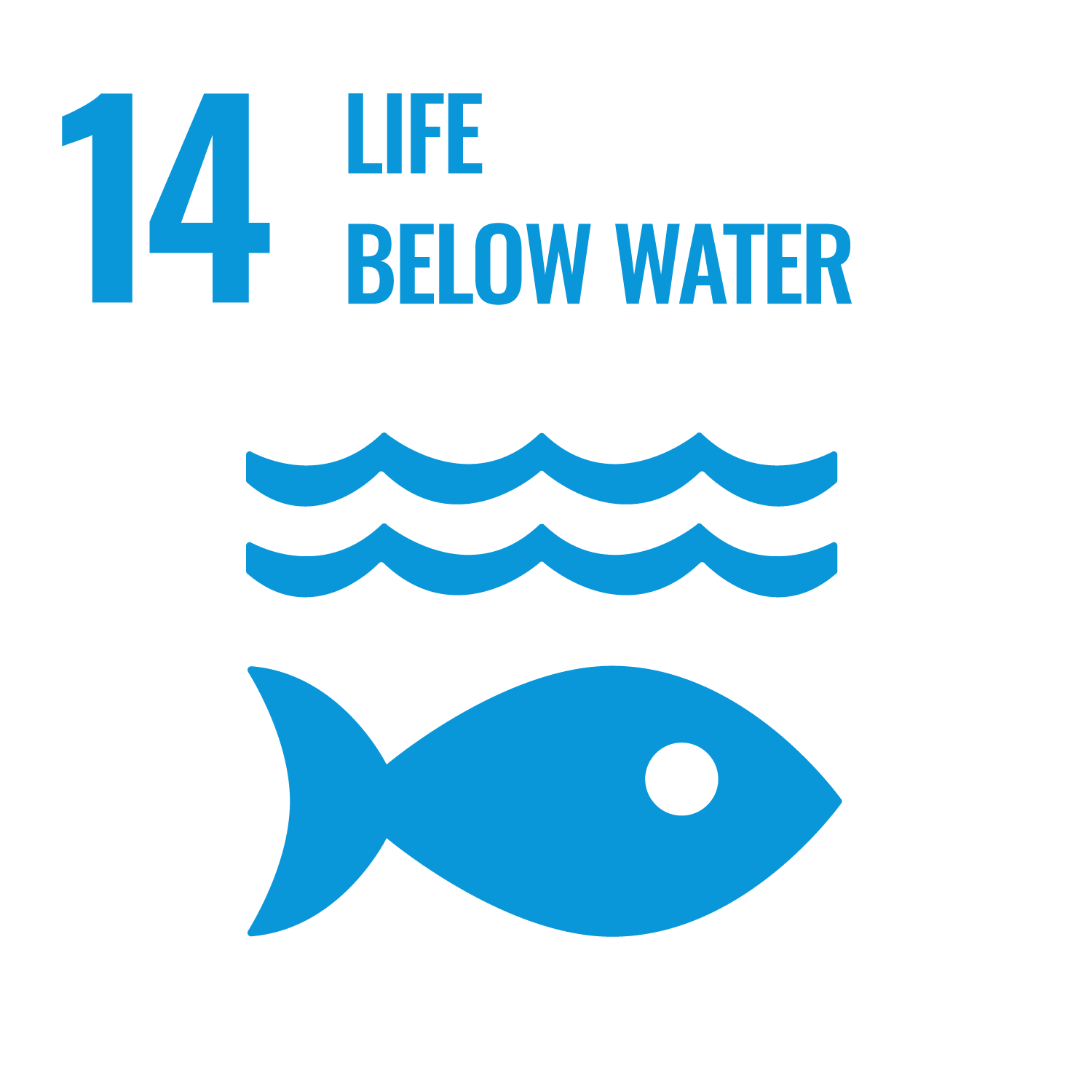
INNOVATIVE
LAUNCHING THE SUSTAINABLE FUTURES INITIATIVE
In September 2022, the University of Waterloo launched the Sustainable Futures initiative, a collaboration that brings together the Water institute, the Waterloo Climate Institute and the Waterloo Institute for Sustainable Energy to accelerate holistic approaches to advance the United Nations Sustainable Development Goals (SDGs) with a focus on the interconnections between energy, climate and water.





IMPROVING THE MEASUREMENT AND TREATMENT
OF FOREVER CHEMICALS
Per- and polyfluoroalkyl substances (PFAS), or forever chemicals, are used in a wide range of products and are found in our water systems. Scott Hopkins (Chemistry) is identifying which PFAS are present in Ontario waters and is using machine learning to predict their physiochemical properties and treatment options. Anh Pham (Civil and Environmental Engineering) and Wayne Parker (Civil and Environmental Engineering) evaluated the performance of existing methods to measure PFAS in biosolids and devised a new analytical method to improve results.
USING INSECTS TO PROTECT WETLANDS
Phragmites is an invasive perennial grass that spreads quickly, out-competes native species and is currently controlled using chemical or physical removal methods. Rebecca Rooney (Biology) is working on trails using moths as a bio-based management tool to combat invasive plants threatening Canadian wetlands.
USING INSECTS TO PROTECT WETLANDS
Phragmites is an invasive perennial grass that spreads quickly, out-competes native species and is currently controlled using chemical or physical removal methods. Rebecca Rooney (Biology) is working on trails using moths as a bio-based management tool to combat invasive plants threatening Canadian wetlands.
PORTABLE TESTING SYSTEMS
FOR HEAVY METALS
Conventional methods to detect and quantify heavy metals generally require expensive, centralized laboratory-based facilities with highly-trained personnel. Carolyn Ren (Mechanical and Mechatronics Engineering) is developing rapid, affordable, point-of-care systems to enable real-time, in-situ sensing of samples using microfluidics technology.
TURNING PLASTIC POLLUTION
INTO BIOMATERIALS
Boxin Zhao (Chemical Engineering) and William Anderson (Chemical Engineering) are assessing approaches to treat microplastics with microorganisms that would effectively digest the plastics and excrete a biopolymer that could be used to create new eco-friendly materials.
© Copyright 2023 Water Institute, University of Waterloo | FP2571